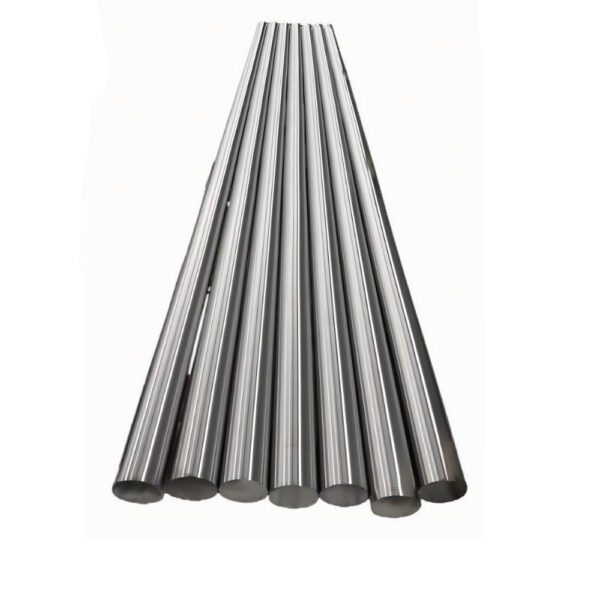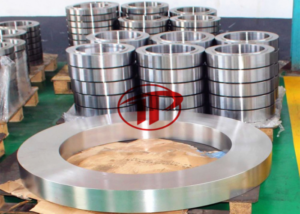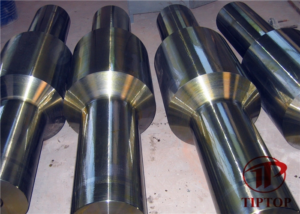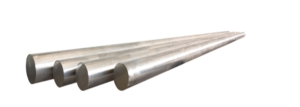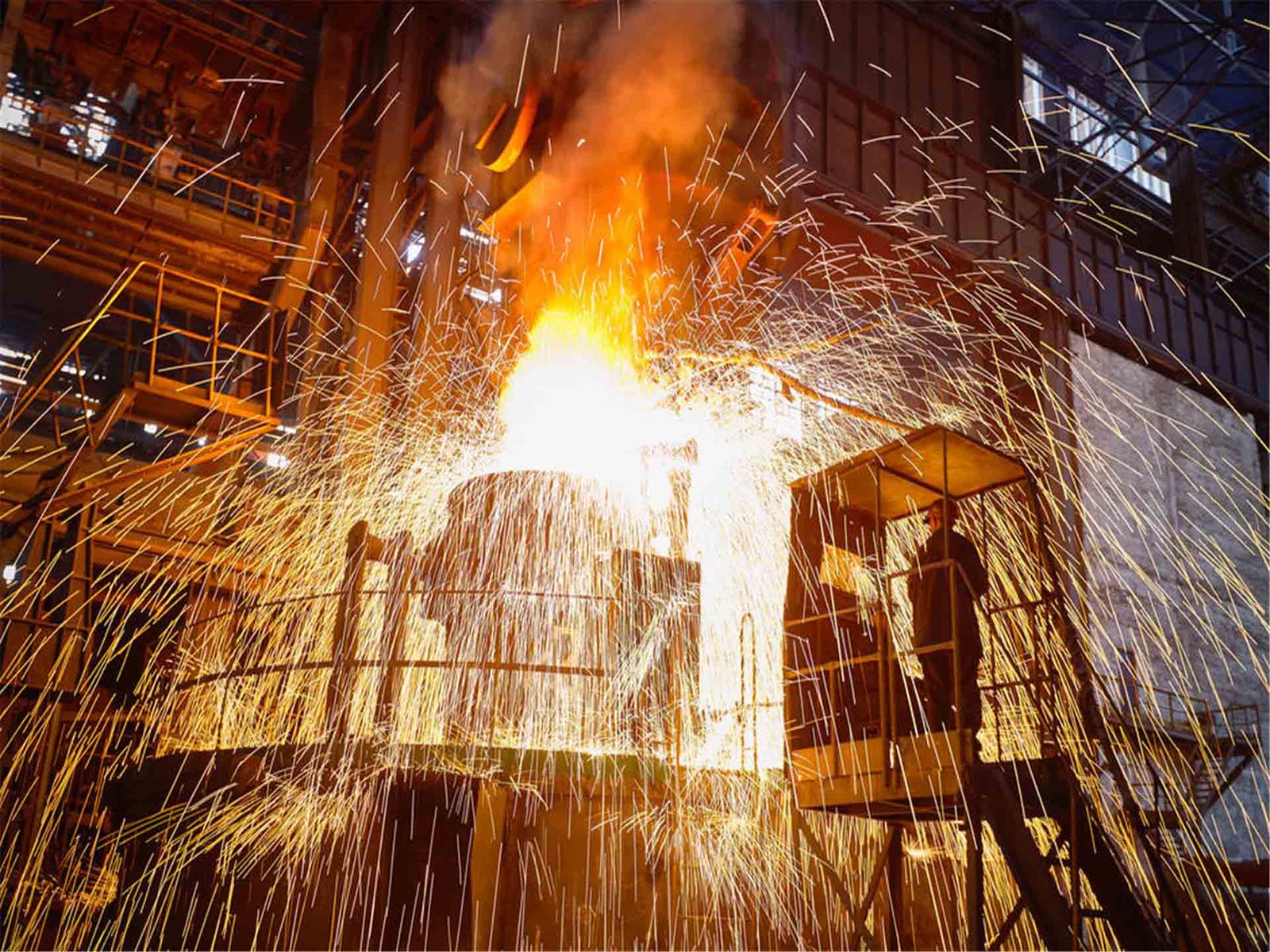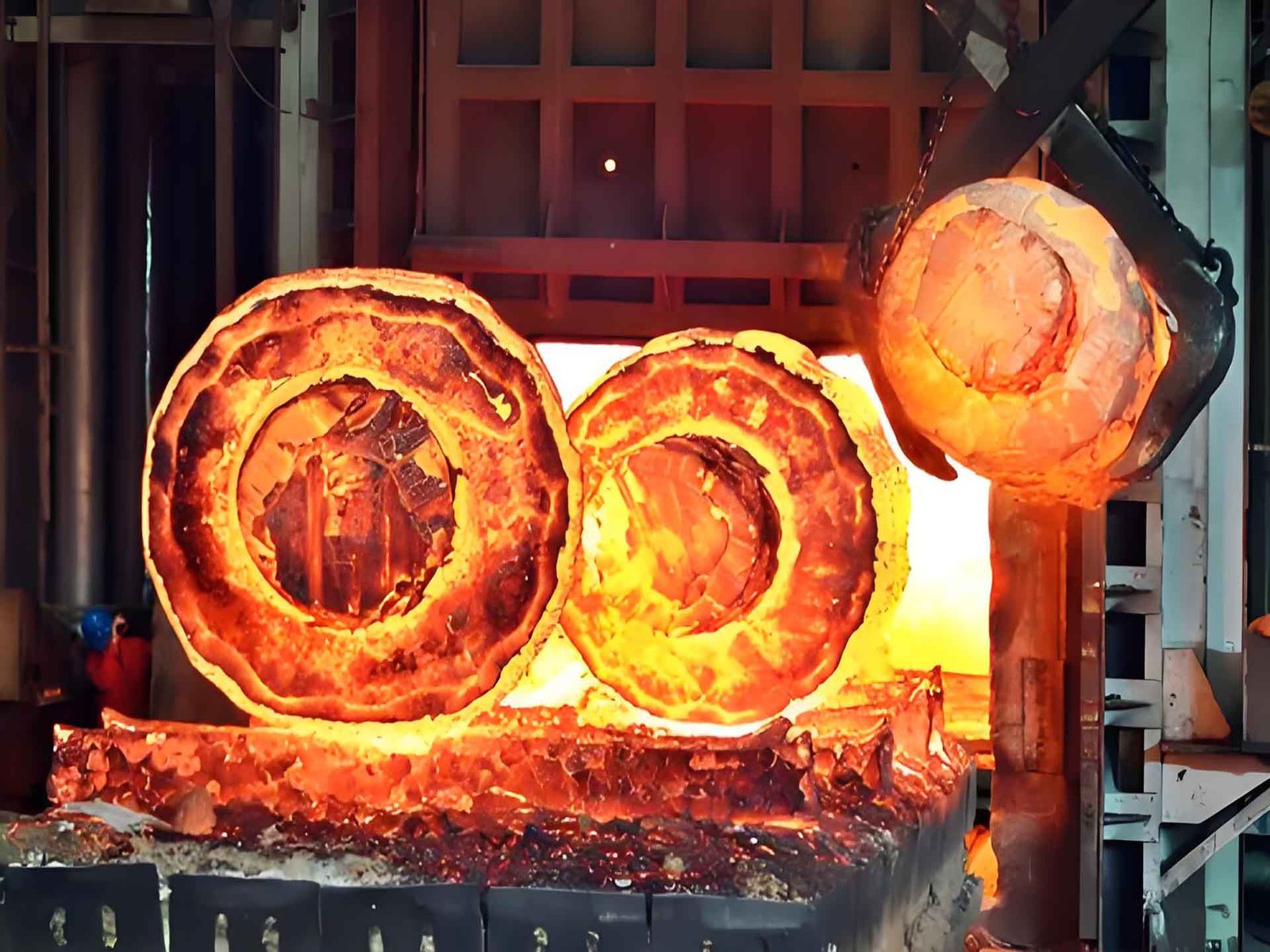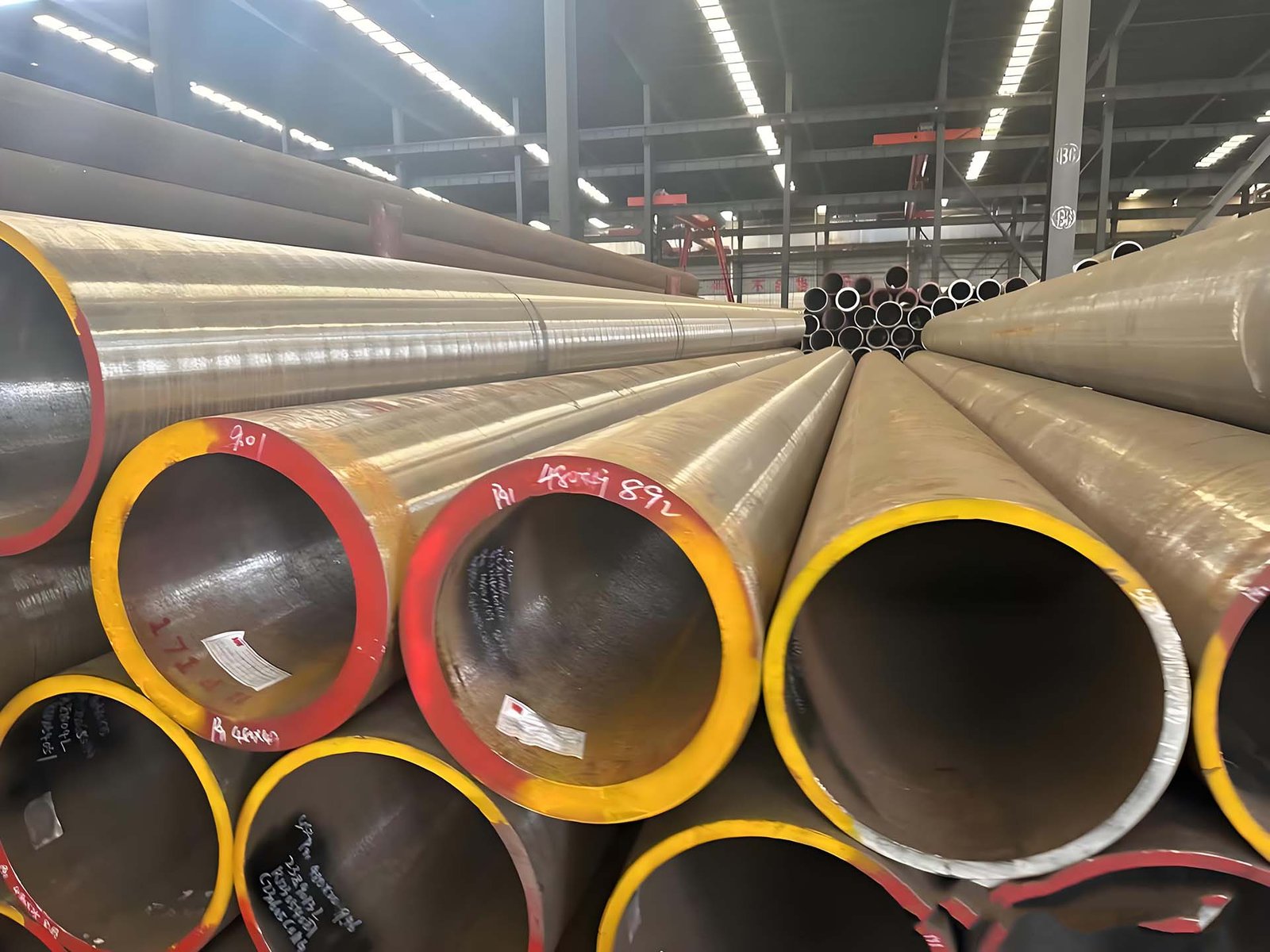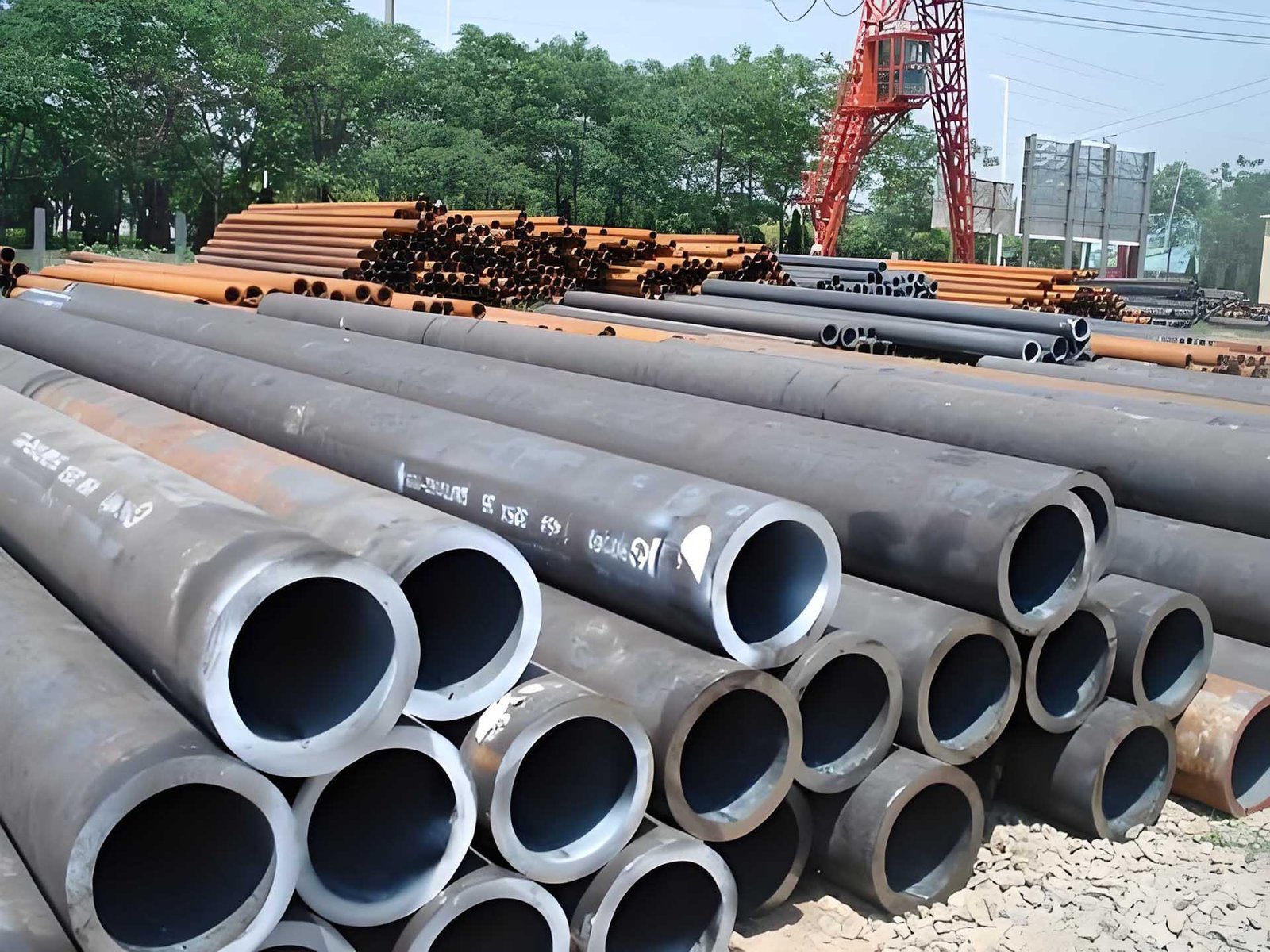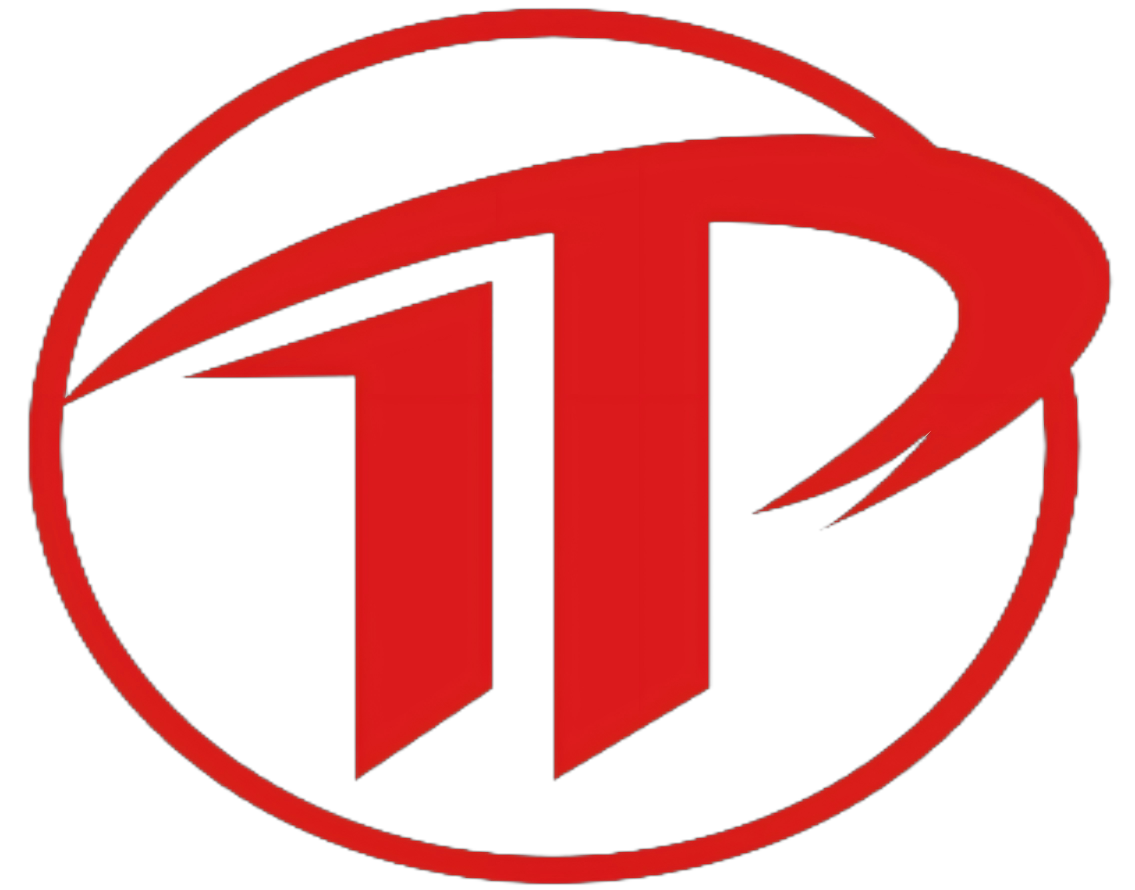What Is Forged Bar Stock?
Definition of Forged Bar Stock
Forged bar stock is a solid metal bar created through hot forging or die forging. This process delivers exceptional mechanical properties, a dense internal structure, and superior reliability compared to traditional bar stock.
Forged Bar Stock vs. Rolled Bar Stock
- Forged bar stock provides:
- Better structural uniformity: The grain flow is aligned to the shape of the bar.
- Directional strength: Stronger in specific load directions.
- Better defect control: Reduced risk of internal voids or porosity.
Why Choose Forged Bar Stock for Critical Projects?
The Key Advantages of Forged Bar Stock
- High electricity and fatigue resistance: Enables lengthy provider lifestyles in disturbing environments.
- Improved sturdiness and consistency: Greater reliability in crucial applications.
- Ideal for heavy hundreds and integral structures: The desired preference the place overall performance and security matter.
Typical Industries and Applications
- Oil & Gas: Valve stems, connector shafts
- Aerospace: Landing tools struts, crucial shafts
- Construction & Heavy Equipment: High-strength pins and axles
- Energy & Power: Shafting, couplings, and rotating equipment
How to Choose the Right Forged Bar Stock for Your Project
Understand Operating Conditions and Load Requirements
- Will the part day out impact, fatigue, or corrosion?
- Will it function below static or dynamic loads?
- Will it be used in harsh or hard environments?
Choose the Appropriate Material Grade
Common alternatives include:
Alloy Steels (e.g., 4140, 4340, F22): Strong, tough, and best for fundamental applications
Stainless Steels (e.g., 17-4PH): Excellent corrosion resistance and strength
Titanium Alloys: High strength-to-weight ratio for aerospace and specialised uses
Ensure compliance with global necessities like ASTM, EN, or GB.
Alloy Steel Forged Bar Supplier – Built for Oil & Gas Performance
With superior mechanical strength, excellent impact resistance, and exceptional fatigue life, forged bars outperform conventional rolled or cast materials in harsh drilling, extraction, and processing environments.
Consider Forging Processes and Treatments
Open Die Forging vs. Closed Die Forging: Choose in particular based totally on segment complexity and volume.
Additional Heat Treatments: Normalizing, quenching, and tempering for extra fine mechanical properties.
Quality Inspections: Ultrasonic testing, magnetic particle inspection, and more.
Forged Bar Stock Dimensions and Delivery Options
Custom Diameter, Length, and Shape
Available as spherical bars, rectangular bars, hex bars, and greater — perfect for machining into closing shapes.
Forged bars can be delivered as:
Rough-machined: Provides machining allowance for customized finishes.
Turned or Polished: Enables direct machining or end-use application.
Verifying the Quality of Forged Bar Stock
Key Testing Methods
Ultrasonic Testing (UT) for interior defects
Metallographic Analysis for grain shape examination
Hardness Testing and Tensile Testing for verifying mechanical properties
Spectroscopic Analysis for correct cloth composition



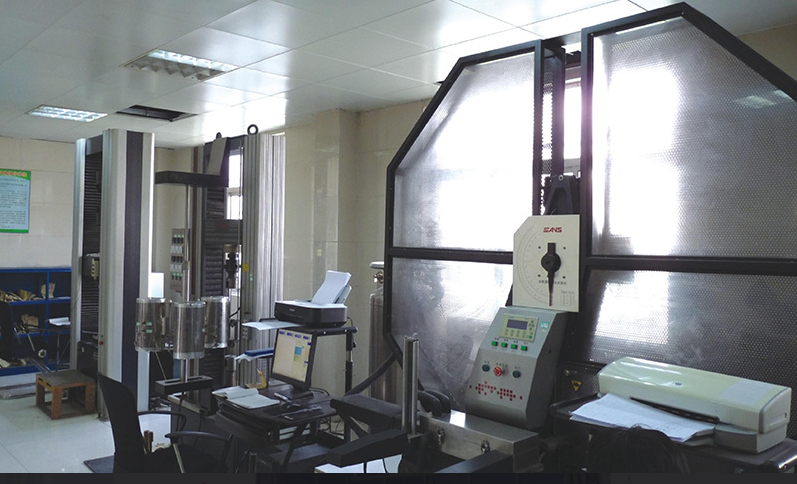
Certifications You Should Expect
Look for suppliers presenting EN10204 3.1 or 3.2 Material Certifications, and high-quality certifications like ISO, API, AS9100, making sure believe and accountability.
Choosing the Right Forged Bar Stock Supplier
In-House Forging Capabilities
A dealer with its personal forging abilities can assurance tighter method control, shorter lead times, and greater constant quality.
Support for Small-Batch Orders
High-end tasks frequently require custom-sized and tailor-made substances — pick out a provider that can accommodate small batch production.
Strong Delivery and Export Services
Look for suppliers with confirmed tune archives of world deliveries and the capability to control transportation and export certifications reliably.
Frequently Asked Questions (FAQ)
What’s the Difference Between Forged Bar Stock and Hot-Rolled Bar Stock?
Forged bar stock provides greater strength, toughness, and reliability in contrast to hot-rolled bars — making it perfect for fundamental or high-performance applications.
Can Forged Bar Stock Be Customized?
Yes. Most suppliers can personalize diameter, length, and floor end primarily based on engineering drawings or specifications.
Is Forged Bar Stock Suitable for Export Projects?
Reputable suppliers can grant full documentation, such as certifications like ASTM, EN, and ISO, for seamless global procurement.
Conclusion: Choosing the Right Forged Bar Stock Is Critical to Project Success
Forged bar inventory is extra than simply uncooked fabric — it’s the basis of reliability, performance, and long-term price efficiency. Choosing the proper material, dimensions, and forging approach will have a direct have an impact on on your project’s quality, lifespan, and common value.
Partner with an skilled forging provider to optimize your fabric resolution and machining effectivity — and make your subsequent challenge stronger, safer, and extra successful.

